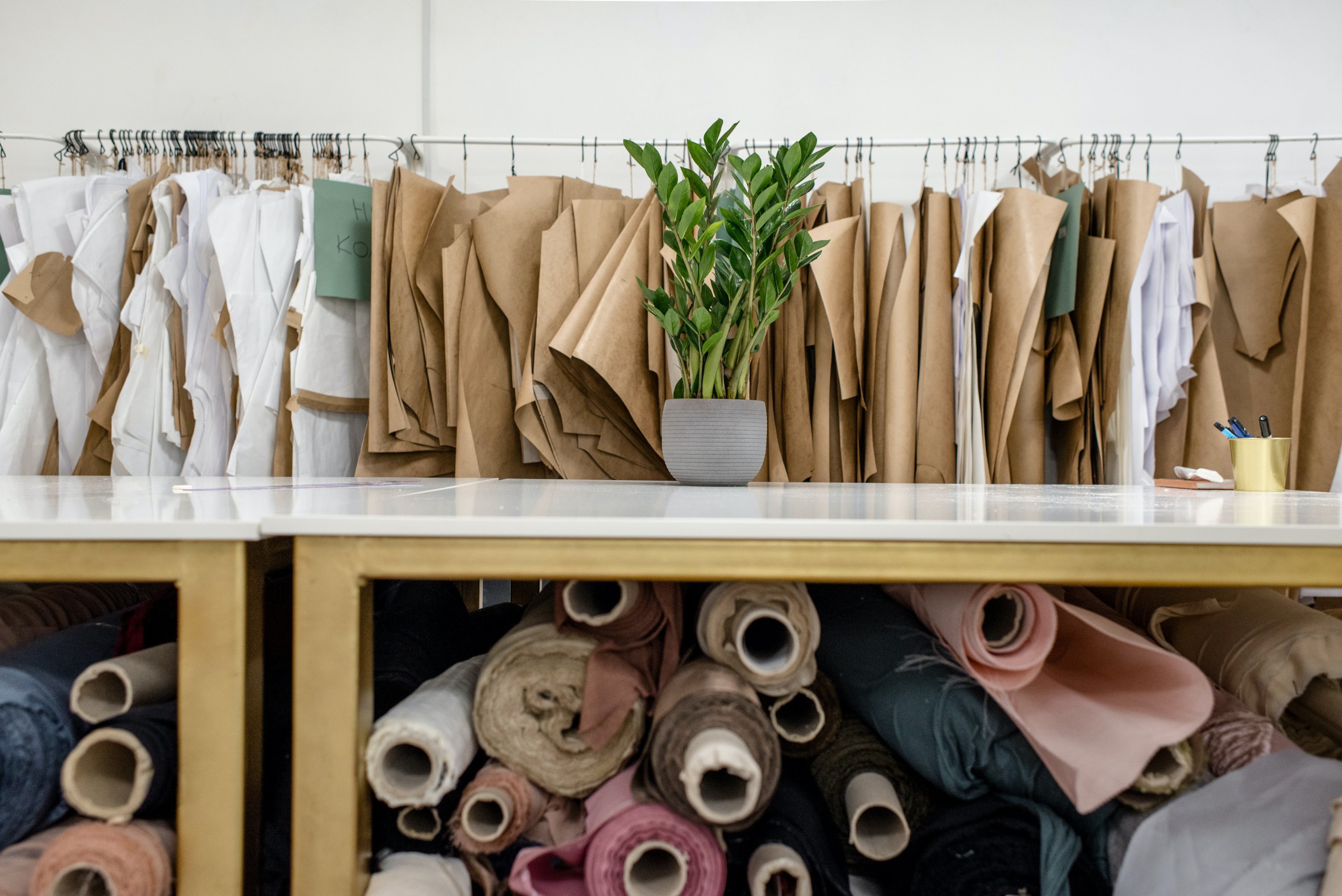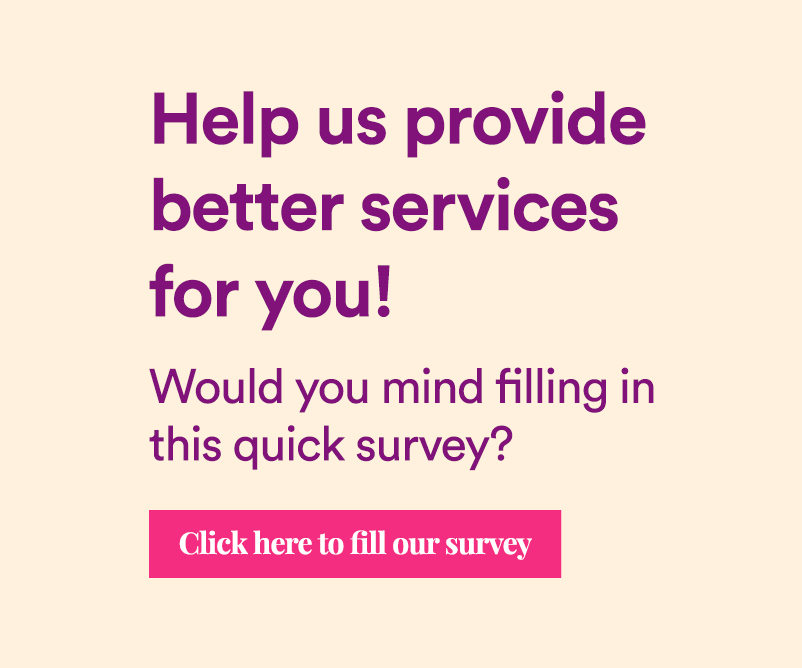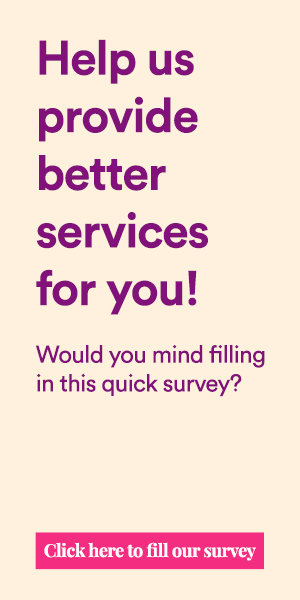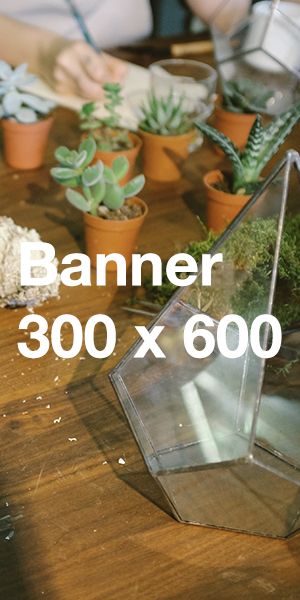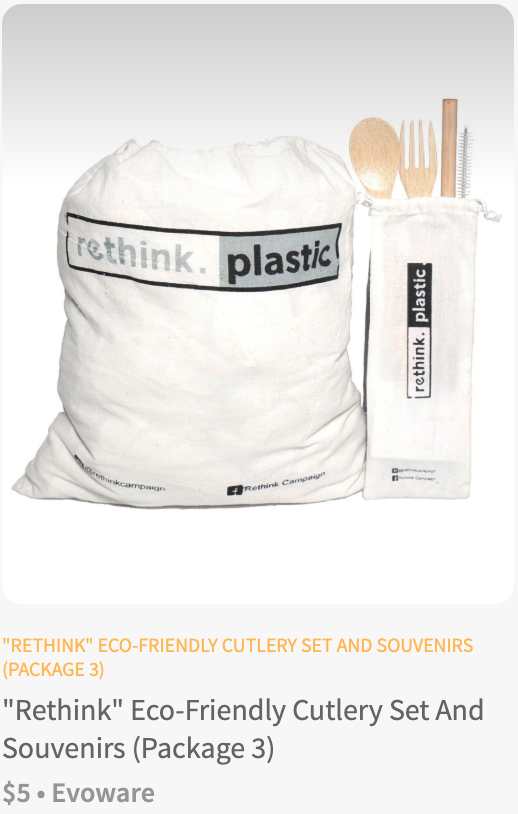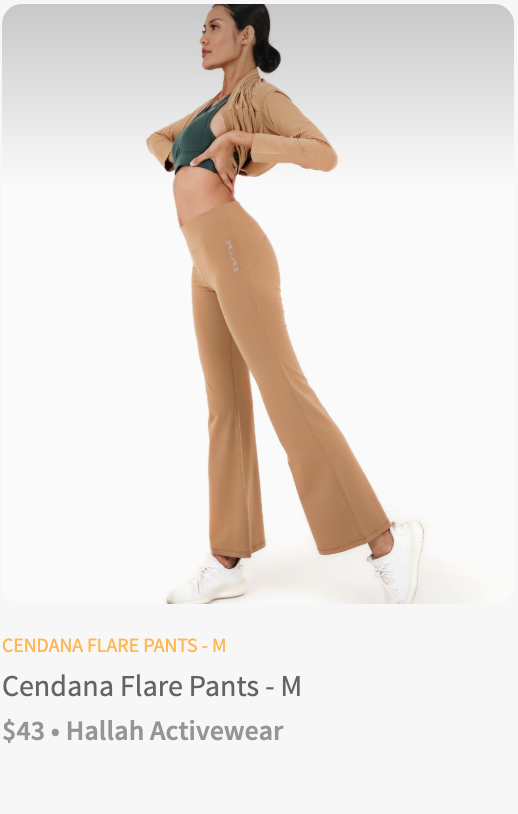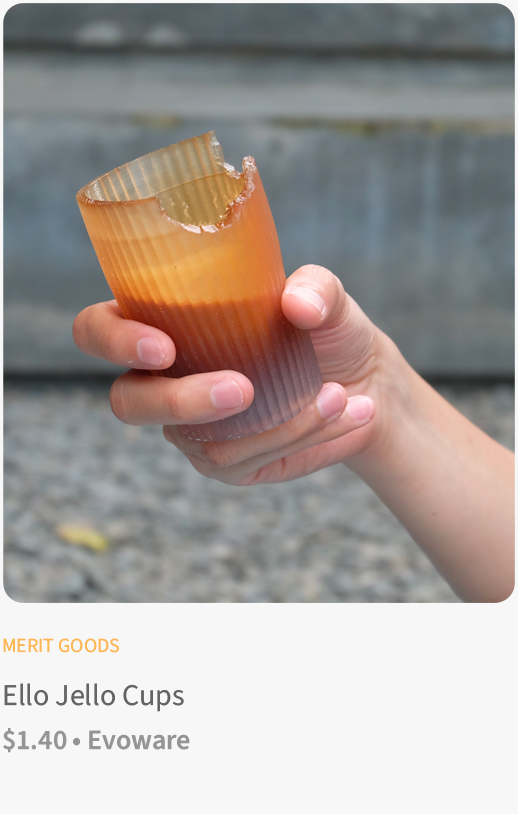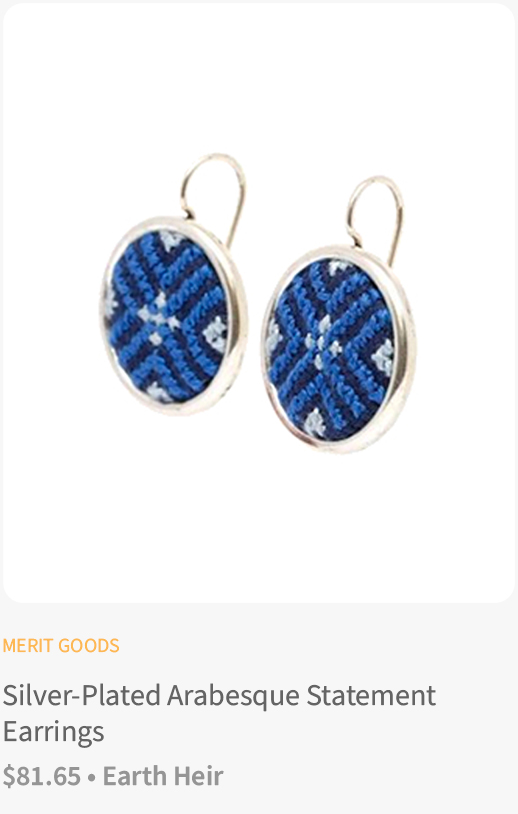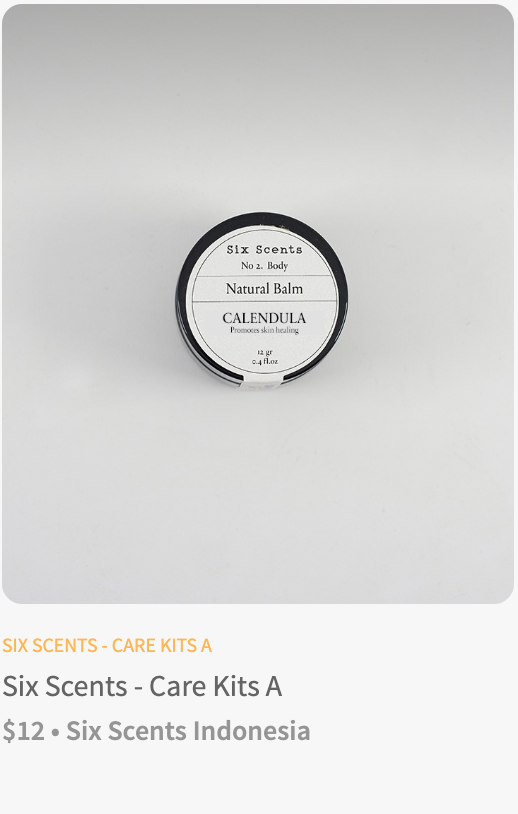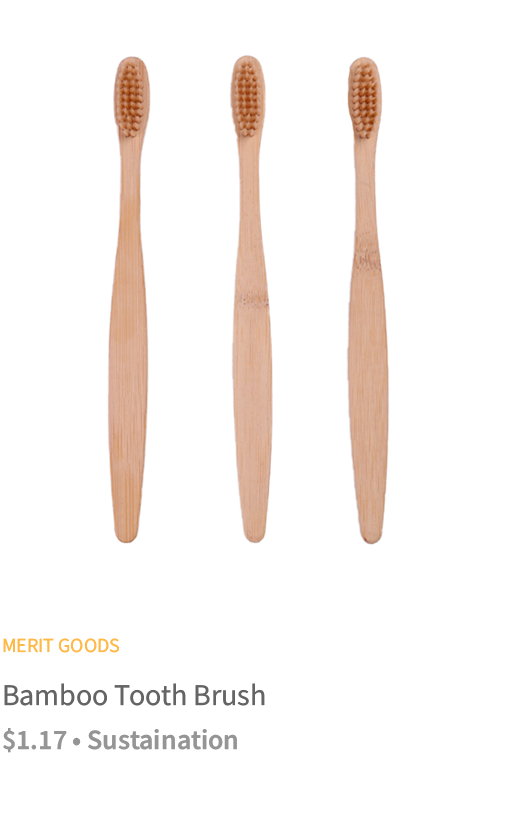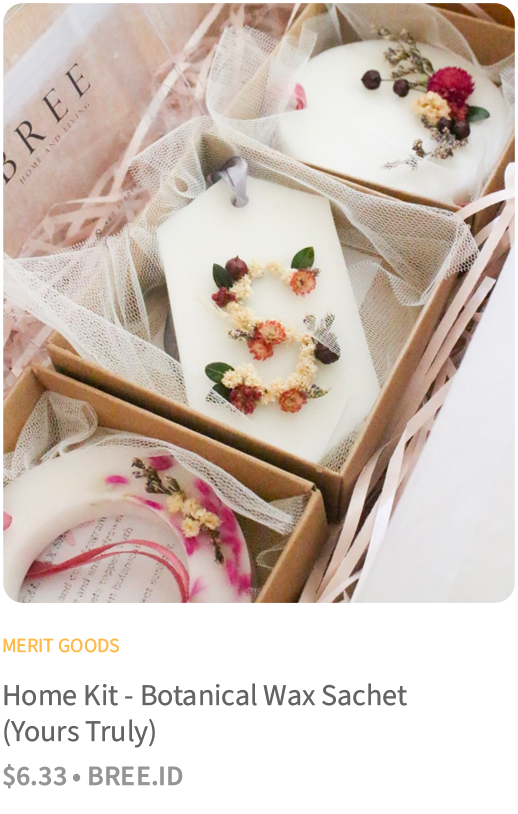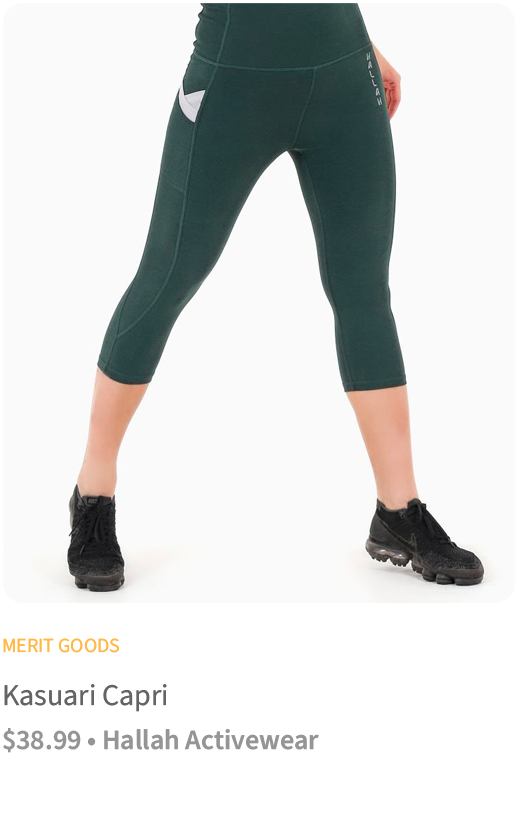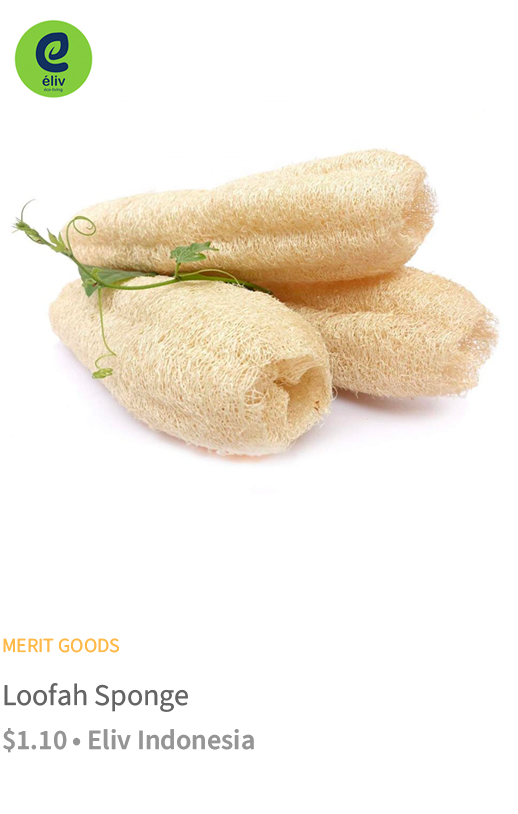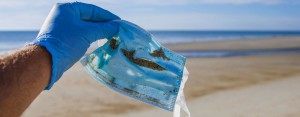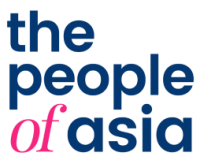COVID-19 has caused a giant impact on fast fashion retails. Not only experiencing sharp sales decline and slumping revenues, but they are also going down in a major freefall with collapsing bottom lines. Even so, these cheap trend-makers are already considered troublesome even before the pandemic. With issues ranging from labour exploitation to waste problems, fast fashion continues to hurt people and the planet over the decades.
There is a silver lining in the face of a global shutdown. As we, consumers, have witnessed how vulnerable the world is, it is safe to say that we also have increasing needs for social and environmental sustainability.
"Many consumers will be looking for so-called “investment” pieces — minimalist, last-forever items, that feel more responsible given the state of the world." - McKinsey & Company: The State of Fashion 2020 Coronavirus Update.
As we take steps to rebuild the community and take our collective learnings, we need to be more careful in observing and assessing many fashion brands that we regularly wear. It is up to us as consumers to demand and lead the changes. We can either stick with the current system that brings us convenience but instant pitfall, or we can start new dawn by making impactful approaches that bring good for our society and planet. We can change our relationship with fashion and see it not merely as trends or styles, but as a visual expression that reflect our deepest values as individuals and communities. Once we shift our perspectives, we would be able to move forward by taking actions starting from oneself.
We can start by taking more considerations and having an open discussion circulating the sustainability of brands, and how far do they take it into account—is it only a part of their marketing strategy or is it something integral that has been implemented in their supply chains and brand value?.
Finding eco-friendly brands with altruistic impact is not an easy job. In fact, the lack of transparency and information about the clothing process behind the curtain has made our efforts even more complex—if not wasteful.
Copa de Flores
While many ethical brands put their focus on environmental sustainability, some choose to take care of the people and empower the local communities. Copa de Flores sells its products with purpose: to instil the value of being #FashionablyHumanist by shaping Ikat Woven for Empowerment. Made with unique textile from Nusa Tenggara Timur, Indonesia, Copa de Flores is dedicated to women empowerment in the fight against abuse and sexual violence. The making of Ikat is seen as a visual meditation for the survivors, as they can freely pour their emotions while creating the textile’s patterns. For these women, the act of weaving is not just simply a healing tool, but it also serves as an additional income to make ends meet. Therefore, by purchasing their products, we also help to lift the lives of these women while also conserving the local heritage as well.
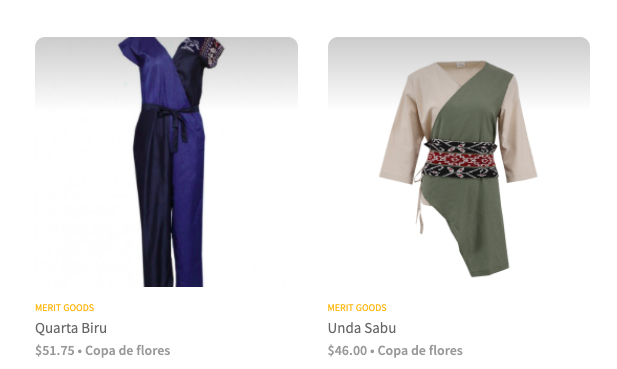
Hallah Activewear
Hallah Activewear is one of many ethical brands that is committed to the motto of #doingright by planting a tree for every product they sell. Empowering a community of healthy people, Hallah Activewear is actively trying to redefine fitness and shifting society’s idealized perception of bodies from a body-image oriented goal to health-oriented goal. They choose their manufacturers and fabrics carefully and ensure that they have certificates that fit their environmental standards. While providing the highest quality of eco-friendly activewear, they are blending the two ideas together: creating a healthy habit for oneself as well as for the planet.
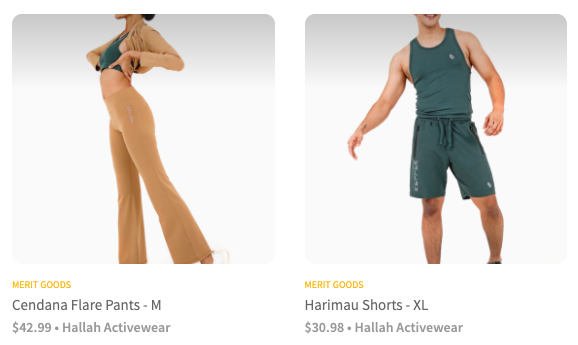
The time for trend-chasing and hyped-consuming is over. It is now time for a new social and environmental investment to take care of the people and planet. We, as individuals, have more power than we think—we can rebuild and shape the future the way we want to by taking actions on what truly matters. The crisis has forced us to make a stop and reflect on our fast-paced, jam-packed way of living. If anything good arises from this pandemic, it could be a friendly reminder to take responsibility for the nature and the system, including our everyday habits and decisions that we rarely pause to think of.
When the fast fashion fails to meet our needs for sustainability, it is always a good idea to move to the small, ethical, independent brands. Compared to fast fashion, ethical brands are the change-makers who act as the backbone of the economies while also empowering communities. With a more direct and intimate relationship with consumers, ethical brands tend to be more transparent on communicating how their clothes were made. Aside from empowering and supporting the local communities, many of them also provide eco-friendly products and give a positive impact on the environment.
More on our Social Marketplace:
Shop for a cause to support social and environmental initiatives that benefit the communities. Every purchase you make will help our partner organisations to create positive change.
References:
McKinsey: The State of Fashion 2020 Coronavirus Update
https://www.mckinsey.com/~/media/mckinsey/industries/retail/our%20insights/its%20time%20to%20rewire%20the%20fashion%20system%20state%20of%20fashion%20coronavirus%20update/the-state-of-fashion-2020-coronavirus-update-vf.ashx
https://www.forbes.com/sites/brookerobertsislam/2020/04/21/social-sustainability-overstock-and-greenwashing-how-covid-19-is-changing-the-fashion-industry/#520f1518582d


